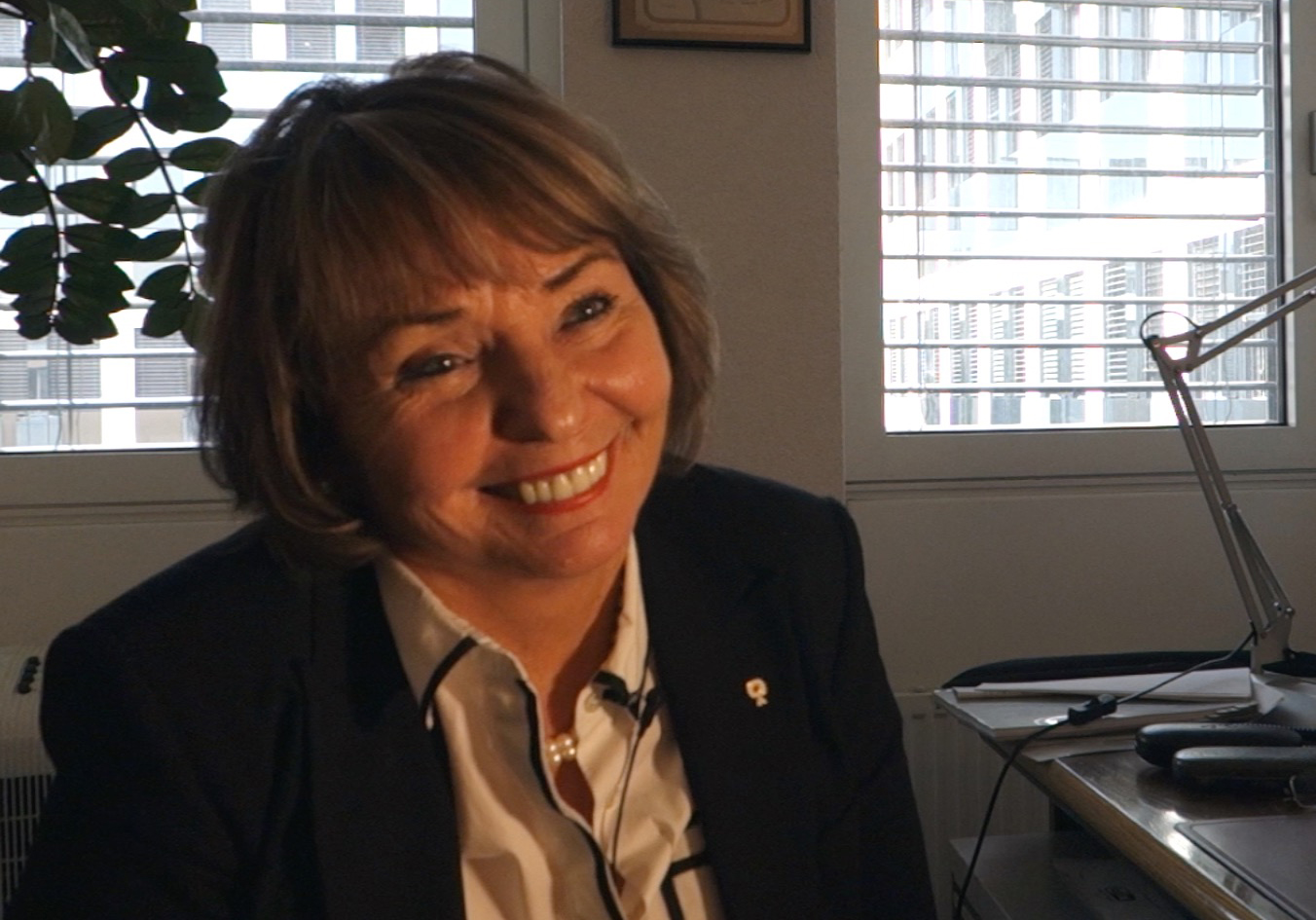The ICJ continues its series of profiles of ICJ’s women Commissioners with an interview with ICJ Vice-President Michèle Rivet.
Michèle Rivet was a judge for 30 years. Previously a Children’s Judge, she was appointed the first President of the Quebec Human Rights Tribunal when it was first established in 1990 and remained in that position until 2010.
In the interview she explains how the Human Rights Tribunal was constituted and how the Tribunal gave itself the mission to develop jurisprudence on equality and non-discrimination by referring to the fundamental international standards elaborated in the ICCPR and the ICESCR, by giving them the broadest interpretation possible.
A key goal of the Tribunal was to ensure that it was as accessible and as effective as possible, so that the people who came to the Tribunal could express themselves freely. Careful measures were taken to ensure that the Tribunal would work well and to ensure that anyone putting questions or issues to the Tribunal could know that the judges were listening to them and would provide an answer.
Michèle spoke of the advances that were achieved in the Tribunal. Some of the most significant decisions handed down by the Tribunal refer to cases of multi-faceted systemic discrimination. Justice Rivet explained that discrimination is about daily life: for example it may be a woman who is fired because she is pregnant, or it could be about a homosexual person who is refused accommodation.
A particular case referred to a large Canadian gas company, a big employer in Quebec, where women were never being appointed to certain posts, as there were a whole series of barriers at the point of recruitment, at the level of tests, and other conditions. After a series of profound reflections, evidence gathering and a long hearing the Tribunal reached the decision that the five women plaintiffs had been discriminated against.
However, the Tribunal also went further in its judgement by requesting that an equal access employment programme be implemented for the whole staff. The Court of Appeal upheld the decision on appeal and that decision marked a real victory for women in the recognition of their rights.
Michèle considers that the ICJ, with its mandate to promote the rule of law, acts as a laboratory of great ideas and carries out fundamental and far-reaching work to advance the rights for those who otherwise would not be able to speak.
Those who work in the field of human rights form a global village, said Michèle, and members have a duty to help women victims of violence: those forced to marry when they are 13 years old, those forced to keep their children because abortion is not an option and all those who are battered or disfigured by relatives because they dare to leave the home.
“This eventually led to the establishment of an international community of women and of all those who are fighting for equality, and for a society where everyone is fully integrated,” she said.
Justice Rivet considers herself privileged to work in the field of human rights as it is such rewarding work, and although it can be also be very challenging she says “we must all walk together on the long march towards equality.”
Watch the interview:
The series of profiles introducing the work of ICJ Commissioners and Honorary Members on women’s rights was launched on 25 November 2016 to coincide with the International Day to Eliminate Violence against Women and the first day of the 16 Days of Activism Against Gender-Based Violence Campaign.




